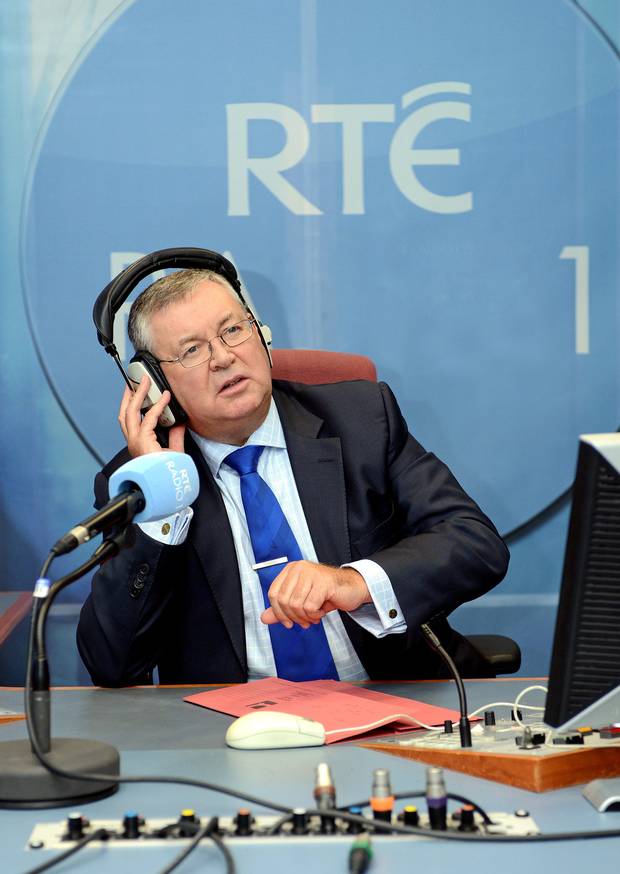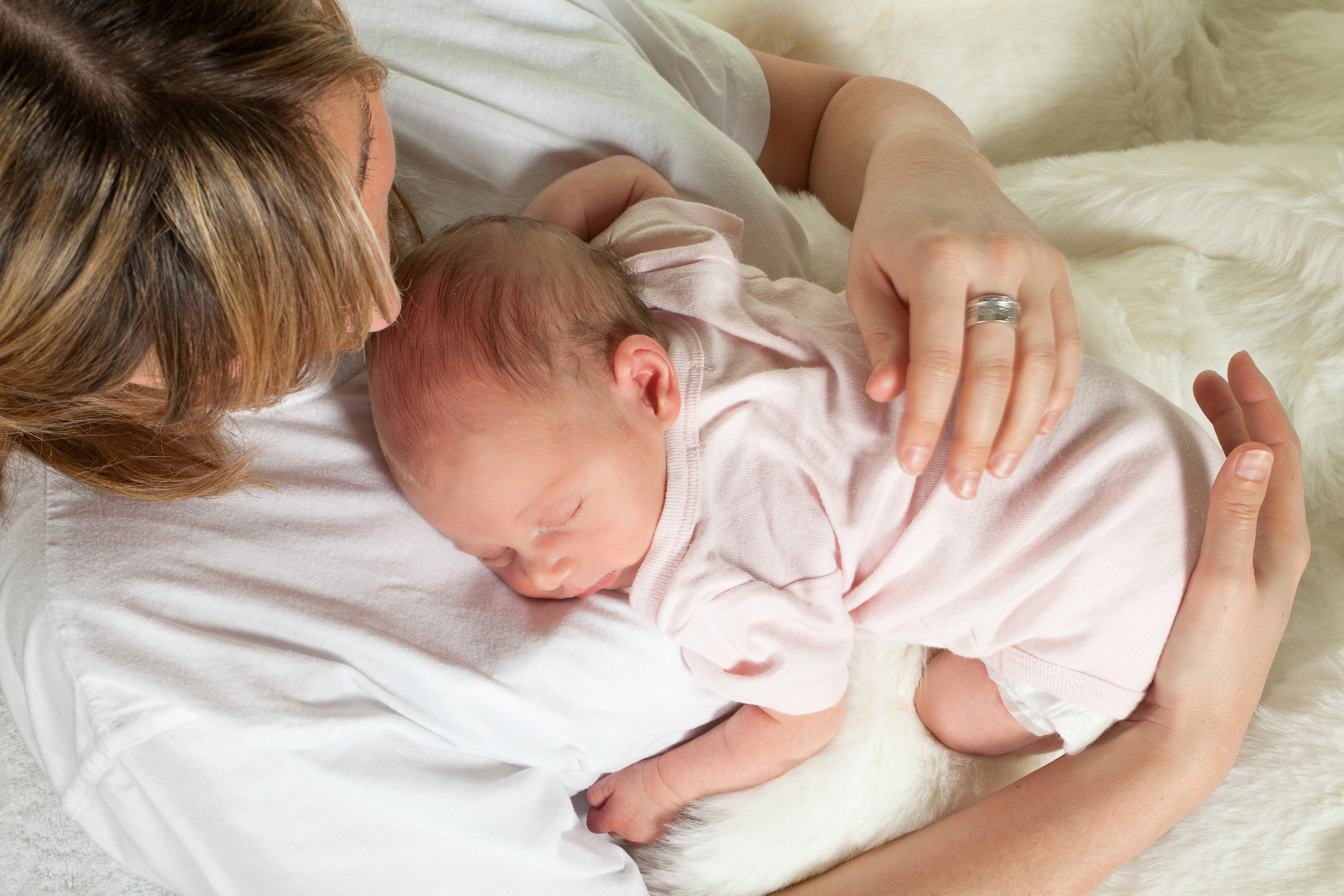COVID19 and doula support
/At DoulaCare Ireland we are proud to lead the way with professional industry standards for doula work in Ireland. The COVID19 pandemic is no different. When you hire our doulas to support your family, you can be guaranteed they will be practicing with the highest standards of health and safety.
We are acutely aware of the pressure parents and parents to be are under. With courses cancelled, clinical check ups spread out and peer groups harder to access, our doulas are here to ease that burden and help you to navigate your way through these uncertain times.
So what are DoulaCare Ireland doulas doing to protect our clients and help to prevent the spread of the COVID19 virus?
We stay up to date with (and follow) the latest guidelines from the HSE and WHO
All of our team have attended a COVID19 health and safety training before returning to in person support.
All of our team have been trained on correct hand washing procedures
All of our team have been trained on correct use of cloth (reusable) and medical face masks
All of our team have been trained on correct use of PPE (personal protective equipment)
We fill in a health check form before each client visit (and our clients do the same)
We wash our hands frequently with soap and water or use an alcohol-based hand rub
We practice good respiratory hygiene
We will maintain social distancing as much as possible, or wear appropriate PPE if social distancing is not possible
We avoid touching our eyes, nose and mouth
DoulaCare Ireland has a lengthy COVID19 health and safety policy, which all our team sign up to before returning to in person support. This offers our clients reassurance they they will be supported with the experience, empathy and knowledge of our amazing doulas - in a safe and professional environment.
All of our doulas with do the following before each in person visit with you:
Fill in the Health Check Form DoulaCare Ireland has drawn up and ensure they are not ticking yes to any of the “risk” boxes (such as being in contact with a known COVID19 case or having any symptoms themselves)
If a doula has any risk factors or symptoms they need to inform DoulaCare Ireland immediately and cancel their shift with client. (If supporting a birth client - their back up doula will be informed and will offer support to client instead - another bonus of our agency model).
Each doula needs to also check in with client that they have filled in a Health Check form and are not ticking yes to any of “risk” the boxes (if a client ticks yes to any of the boxes the shift cannot be provided).
They will also Shower /Wash hair /Brush teeth
Change into fresh work clothes and shoes
Pack fresh clothes and a pillow case for end of shift
Pack fresh PPE (personal protective equipment, such as face mask, visors, hand sanitiser etc)
Fill in contact tracing form for anyone they have been in contact with up to that point
An example of our PPE for shifts: Dedicated work clothes (fresh for each shift), hand sanitiser, face visor, fresh face masks (with a ziplock bag to place used masks into) , gloves, antibacterial wipes, socks or slippers to wear in your home, fresh clothes to change into after shift, COVID19 health check forms and health and safety guidelines
When arriving at clients house and before going into house:
Where possible, start the shift/visit with a virtual meet with client to see what support they may want
Use hand sanitiser
Put on PPE
Remove outdoor shoes at the door
Remove coat at the door
Wash hands immediately before touching anything (using HSE hand washing guidelines)
As with all our work, our doulas will speak to you about what you feel comfortable with in your home. You are always the guiding light in our care. If you would like to maintain social distancing or if you would like the doula to offer support with feeding or caring for your baby (wearing appropriate PPE).
Enjoy a well deserved rest, safe in the knowledge our professional doulas will take care of everything for you
We tailor our services to each individual families needs. Offering bespoke care and support. You can have open discussions with our agency owners before booking in your doula support. This allows you the opportunity to ask any questions you may have to ensure you are 100% comfortable with your package.
We also have a wide range of virtual supports available
Our courses and sessions are all LIVE (nothing is prerecorded). We tailor our sessions to your individual needs. Choice of group sessions or private 1:1 sessions. All at a time that suits you, in the comfort of your own home
We have trained and certified antenatal educators for many courses including:
*Full Antenatal Ireland Course
*GentleBirth Course
*HypnoBirthing Course
*Breastfeeding Preporation Course
*Parenting Courses
*VBAC Courses
*Baby Care Consultation
*Birth Preferences Consultation
*Comfort Measures for labour and Birth Consultation
*Expressing/Pumping Support Consultation
*Birth Trauma Support Consultation
*Virtual Early Labour Support
*Virtual Early Parenting Support
and much more….
With our virtual support you choose the times that works best for your family. With bespoke packages and courses available
So if you would like to know more about our in person or virtual supports, from fertility to the first year of parenting, get in touch and we would be delighted to get you on the road to a positive and empowered experience with DoulaCare Ireland.
Email info@doulacare.ie





























